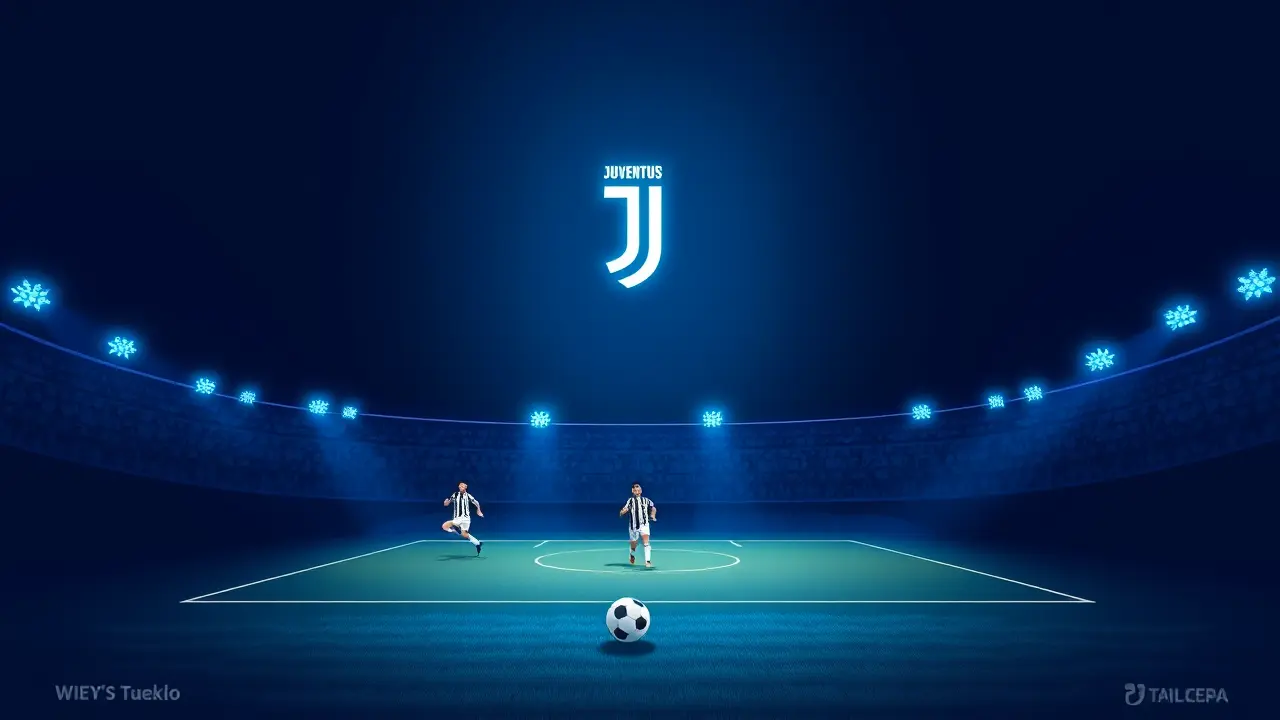A heavy UEFA sanction awaits this European giant!
The specter of UEFA's disciplinary committee now looms large over Juventus, casting a long shadow that could fundamentally alter the landscape of Italian and European football. This isn't just another administrative hiccup; it's a direct challenge to the financial architecture of a club that has defined calcio for generations.The core of the allegation revolves around the 'Football Earnings Rule' for the 2022-2025 monitoring period, a regulation that, much like the offside trap, is designed to maintain competitive balance by preventing clubs from spending beyond their means and accruing unsustainable losses. Think of it as Financial Fair Play's more stringent, more focused cousin, targeting the specific financial operations directly related to a club's football activities.For Juventus, a club still navigating the turbulent waters following the 'Plusvalenza' scandal that saw them deducted points in Serie A, this new UEFA investigation feels like a second yellow card for a similar offense on the European stage. The timing is particularly brutal.After the domestic turmoil and their subsequent absence from the Champions League, this season was meant to be a triumphant return, a statement of intent backed by their storied black and white stripes. Instead, the club finds itself in a precarious position, its accounts from June 30, 2025, being picked apart by UEFA's financial control body.The potential sanctions are not to be taken lightly; we're talking about a spectrum of punitive measures that could range from a hefty multi-million euro fine—akin to a financial penalty kick—to the nuclear option: exclusion from future UEFA club competitions. Imagine the impact: a Champions League without Juventus is like a Clásico without Messi or Ronaldo; it loses a piece of its soul and its global appeal.The ramifications extend far beyond the Allianz Stadium. This case is a litmus test for UEFA's resolve in enforcing its financial regulations against its most established members.Will they apply the same rigor to a European giant like Juventus as they would to a smaller club from a less prominent league? The football world is watching, and the precedent set here will echo through boardrooms from Manchester to Munich. This situation also forces a critical examination of the modern football economy.Juventus, like many elite clubs, has operated on a high-wire act, leveraging its brand for massive commercial deals and player transfers to stay competitive. But when global economics shift, when a pandemic disrupts revenue streams, or when on-pitch performance dips, that model becomes dangerously exposed.It’s a lesson in financial sustainability, a reminder that even the most glorious of legacies cannot indefinitely shield a club from the cold, hard numbers on a balance sheet. The club's defense will likely hinge on demonstrating a credible path to compliance, perhaps pointing to new commercial partnerships, cost-cutting measures, or a long-term business plan that satisfies the regulators.But UEFA's patience is wearing thin across the continent, and the era of leniency for 'too big to fail' institutions may be coming to a close. For the tifosi, this is an agonizing wait, a period of uncertainty that tarnishes the glory of every victory.For the neutrals, it's a fascinating drama of power, finance, and sport. And for analysts like myself, it feels like watching a legendary midfielder, a Pirlo or a Zidane, being forced to play with a heavy weight chained to their ankle—the sheer talent is there, but the freedom to express it is dangerously constrained. The final whistle on this proceeding is yet to be blown, but one thing is certain: the outcome will be a defining moment, not just for Juventus, but for the financial future of the beautiful game itself.
JA
Jamie Lowe123k2 days ago
wait what juve in trouble again smh feels like they just got out of the last mess
0
LU
Luca Rossi123k2 days ago
wait what is happening now smh feels like juve just can't catch a break
0
LU
Luca Rossi123k2 days ago
wait is the financial system of football just a collective hallucination we all agreed to believe in
0
